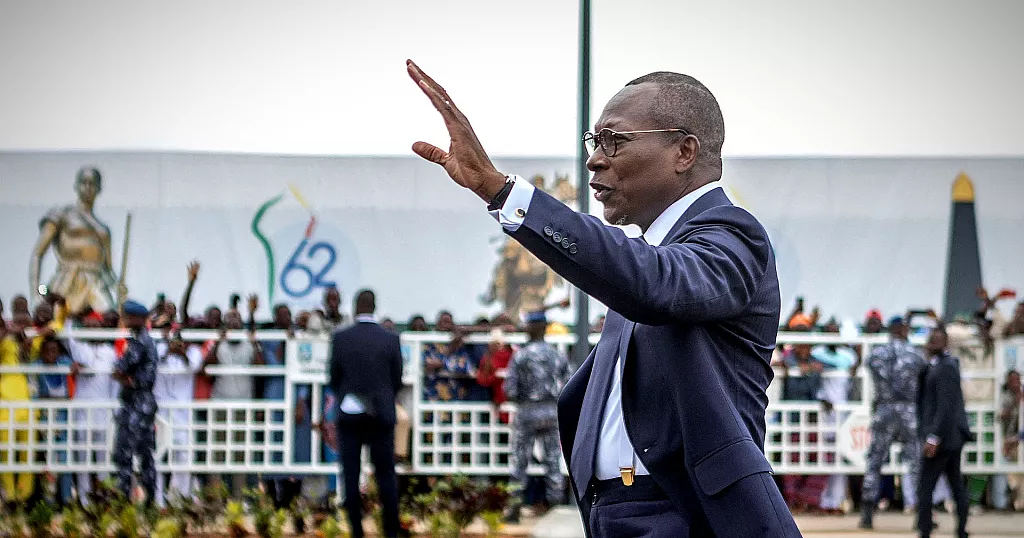
Political reforms spearheaded by President Patrice Talon, aimed at consolidating a fragmented partisan landscape into structured, cohesive blocs, are facing unexpected tests as internal rivalries come to the surface.
The reforms, designed to reduce personal quarrels and encourage a coherent national political vision, are now revealing cracks within the presidential majority itself.
On Thursday, August 14, 2025, at the national headquarters of Moele-Benin in Cotonou, Jacques Ayadji publicly denounced what he described as “poaching” and “underhand maneuvers” within the presidential camp.
His accusations specifically targeted leading figures of the majority, including MP Agoua Edmond, Tori-Bossito Mayor Rogatien Akwaku, and political figure Alain Gnancadja, whom he accused of undermining his party.
“Moele-Benin is under more attack from the presidential movement than from the opposition,” Ayadji lamented, highlighting the severity of rivalries inside the ruling coalition. He further criticised the “shameful past” and ongoing “political transhumance” of certain leaders, practices that President Talon’s reforms had sought to eliminate.
Despite the creation of two major parties within the presidential majority—the Republican Bloc (BR) and the Progressive Union for Renewal (UPR)—old patterns of political positioning appear difficult to overcome.
Ayadji singled out MP Agoua Edmond as embodying “maneuvers that run counter to the spirit of the reform of the party system,” signalling a growing frustration with intra-party conflicts.
These tensions are not confined to Moele-Benin. In the commune of Toffo, councilors formerly loyal to the Republican Bloc have openly called for the removal of their UPR-affiliated mayor, exposing the challenges of cohabitation within allied parties.
Similarly, friction between the Democratic Renewal Party (PRD) and the Progressive Union for Renewal continues to undermine unity, as each party defends its local strongholds.
The consequences are becoming visible through a wave of resignations among activists, executives, and local elected officials disillusioned by internal quarrels or marginalisation. Analysts suggest these departures reflect an erosion of trust in the promised political reforms, raising questions about the stability and cohesion of Benin’s presidential majority ahead of future electoral contests.



